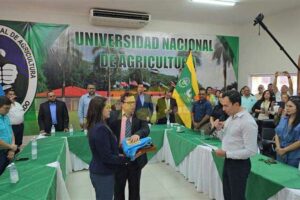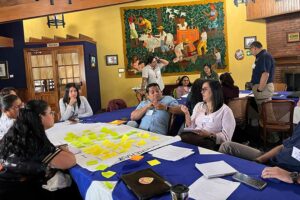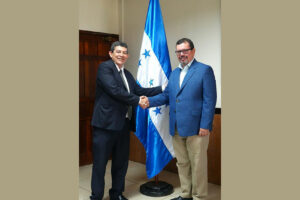PiNN Project in Guatemala Presents Results and Closes with a Call to Strengthen Nutrition Information Systems
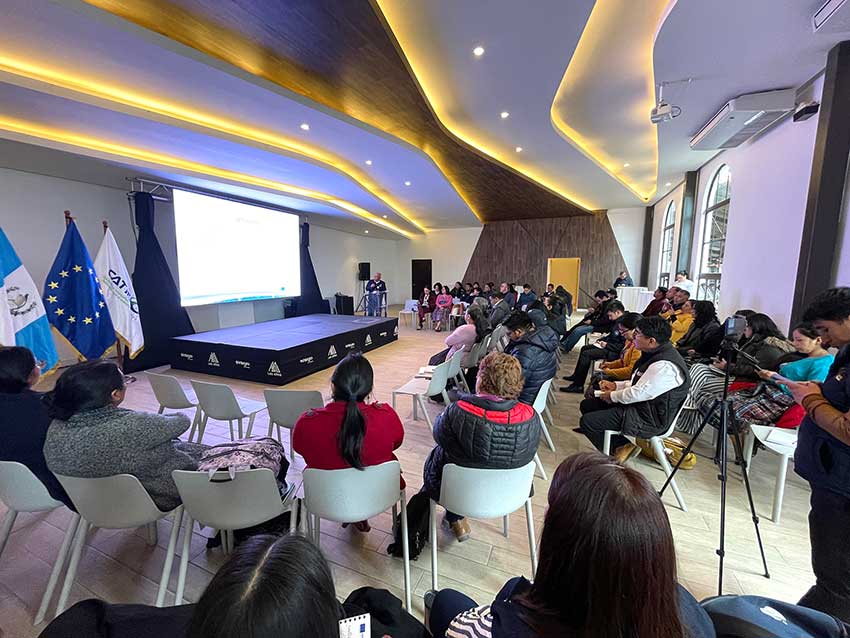
- Totonicapán brings together key institutions to analyze progress and consolidate learning from 2021–2025
The National Information Platform for Nutrition Project (PiNN), funded by the European Union and implemented by CATIE (Tropical Agricultural Research and Higher Education Center) in Guatemala, held its official closing event for Phase II on November 13. This event was designed to share the main achievements reached between 2021–2025 and reinforce interinstitutional commitment to food and nutrition security in the Guatemalan territory.
The meeting brought together departmental, municipal, technical, and cooperation authorities, who highlighted the coordinated work that strengthened governance and information systems for evidence-based decision-making.
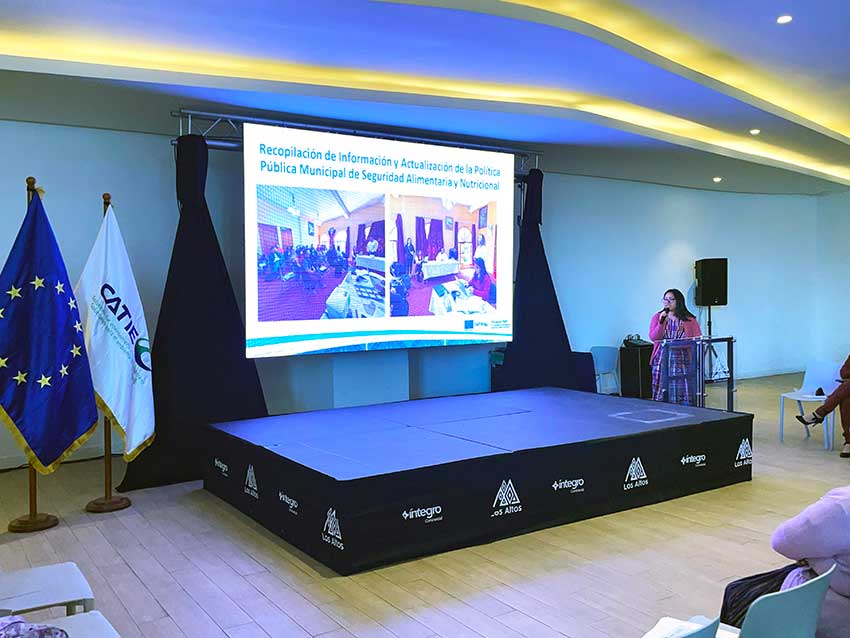
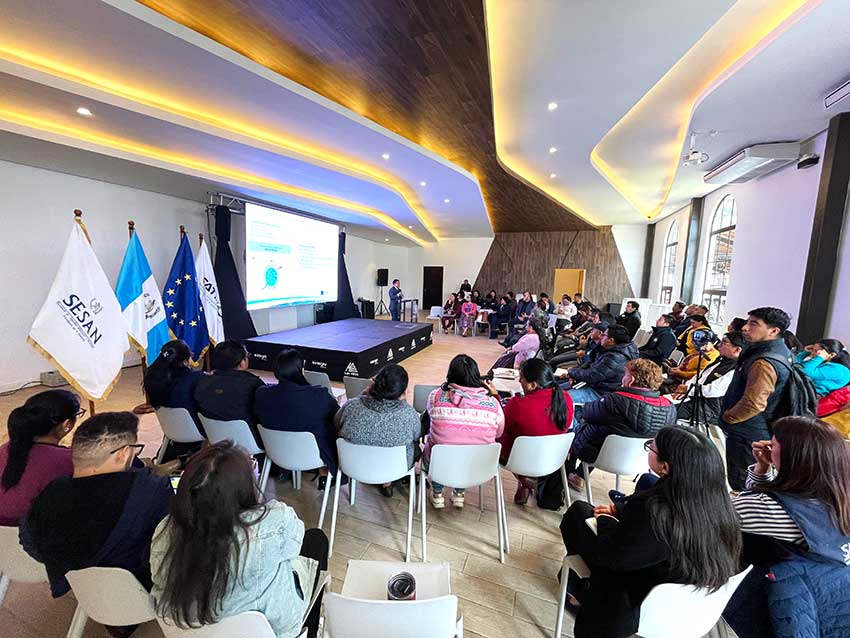
Eduardo Say, Coordinator of the PiNN/EU/CATIE Project, presented the official results of Phase II, emphasizing the incorporation of information technologies to automate and improve the processing of administrative data. These advancements, he noted, have laid the groundwork for developing interoperability processes among the systems of public institutions.
“Each of us has the responsibility to build a different Guatemala. With the proper use of data, we can save time, optimize resources, and contribute to reducing malnutrition indicators,” said Eduardo Say, Coordinator of the PiNN/EU/CATIE Project.
During the event, the success story of the municipality of Momostenango was also shared, presented by the Municipal Directorate of Food and Nutrition Security of Momostenango (DIMUSAN), which showcased the local experience and the benefits of implementing digital tools to strengthen nutrition interventions.
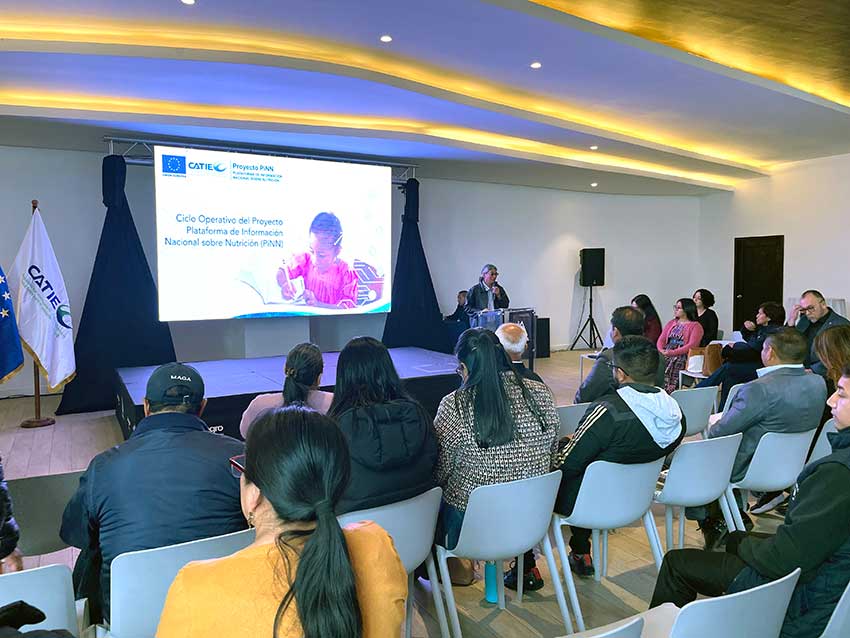
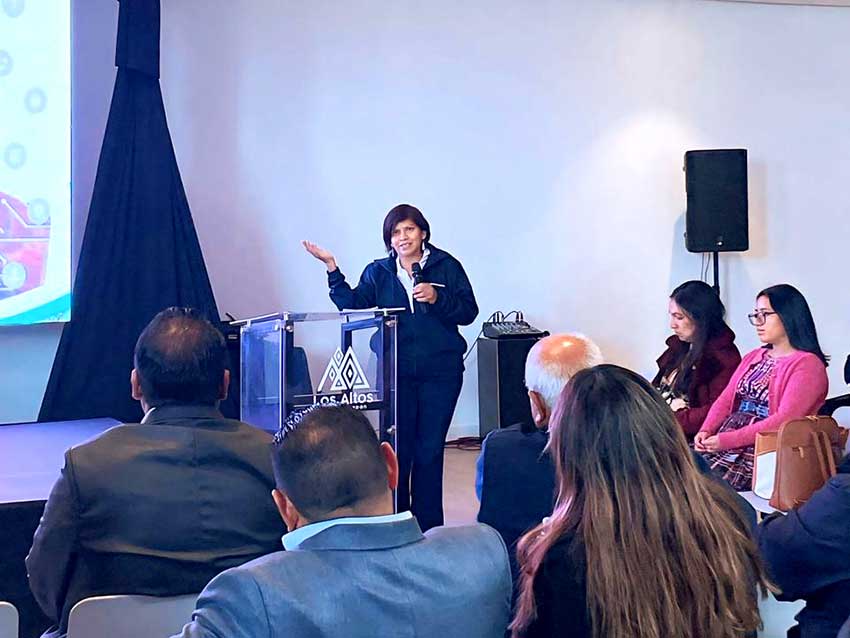
Claudia Barrillas, from the Delegation of the European Union in Guatemala, highlighted the leadership of the department of Totonicapán in using advanced tools to guide public investment and strengthen food and nutrition security. She emphasized that progress in the territory enables efficient budget management, contributing to family well-being and the sustainability of interventions. Finally, she encouraged participating institutions to present these results in national spaces to improve data use in decision-making.
Participants included representatives from the Departmental Food and Nutrition Security Commission (CODESAN), Municipal Food and Nutrition Security Commission (COMUSAN), Departmental Government, Ministry of Public Health and Social Assistance (MSPAS), Food and Nutrition Security Secretariat of the Presidency (SESAN), Ministry of Social Development (MIDES), Ministry of Agriculture, Livestock and Food (MAGA), Ministry of Education (MINEDUC), municipal governments of the department of Totonicapán, civil society organizations, and international cooperation.
The event concluded with a call to continue the efforts promoted by the project, fostering the sustainability of information systems and the replication of successful practices in the municipalities of Totonicapán and at the national level in Guatemala.
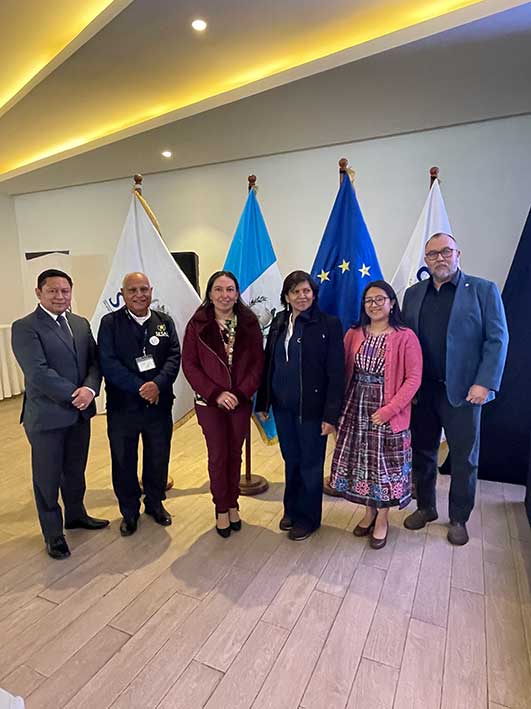
Written by::
Karla Madrigal Pereira
Communicator
Communications and Marketing Office
CATIE
karla.madrigal@catie.ac.cr

